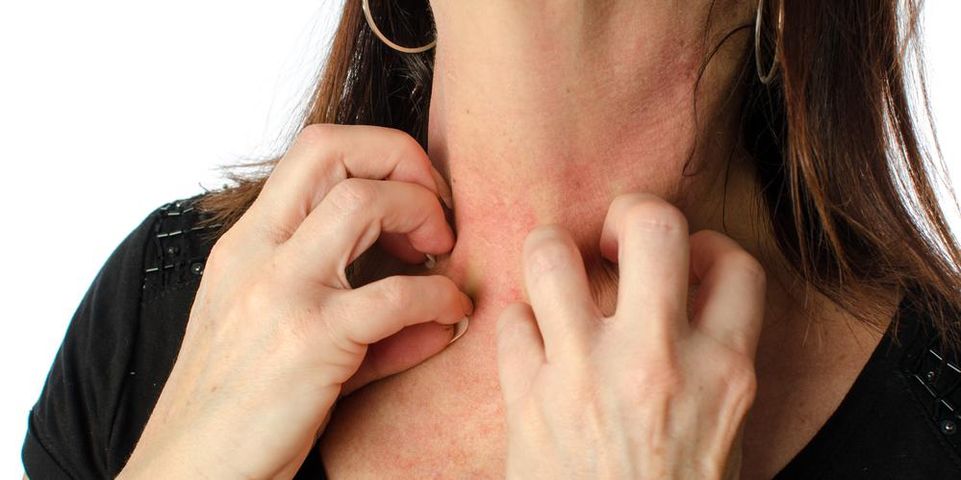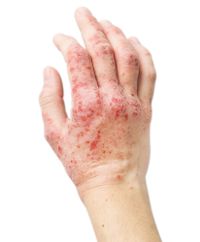A Lincoln Dermatologist Explains 3 Common Types of Eczema

Atopic dermatitis, commonly known as eczema, causes patches of itchy skin to appear. When people scratch these spots, it can cause more uncomfortable problems, including swelling, cracking, redness, scaling, and crusting. The help of a dermatologist is critical for proper treatment, and the experienced team at Heibel Dermatology in Lincoln, NE, understands how to ease the condition in all its forms. Here, they discuss three common types of atopic dermatitis.
A Dermatologist Lists 3 Common Types of Eczema
1. Infantile Eczema
This condition refers to atopic dermatitis that starts during infancy. Babies with the condition might have itchy patches on their scalp, forehead, or face. Patches on the cheeks are particularly common. This condition often disappears by age two, but if it doesn’t, the childhood phase begins. Atopic dermatitis in childhood usually involves itchy patches behind the knees and inside the elbows.
2. Eczema Later in Life
Teens and young adults sometimes have itchy patches on their elbows and knees. However, eczema can appear virtually anywhere on the body. These areas of skin usually are dry but also can be scaly, discolored, or slightly thickened. The good news is the condition is treatable and tends to become less severe as people age.
3. Hand Eczema
 People who have atopic dermatitis are at a high risk for developing hand eczema, which results in red, scaly, and inflamed patches on the hands. This condition is triggered by a variety of causes, including exposure to chemicals (even soap) and physical stress, such as digging bare-handed in a garden. If it’s not diagnosed and treated by a dermatologist, hand eczema can become a chronic condition.
People who have atopic dermatitis are at a high risk for developing hand eczema, which results in red, scaly, and inflamed patches on the hands. This condition is triggered by a variety of causes, including exposure to chemicals (even soap) and physical stress, such as digging bare-handed in a garden. If it’s not diagnosed and treated by a dermatologist, hand eczema can become a chronic condition.
If you are dealing with atopic dermatitis, it’s important to visit a dermatologist as soon as possible for treatment. The professionals at Heibel Dermatology will provide an accurate diagnosis and appropriate treatment plan to help you heal. They also offer a variety of other skin services, including acne, vitiligo, and psoriasis treatments. Call (402) 488-6969 to schedule an appointment, and visit them online to learn about other ways they can help your skin.
About the Business


